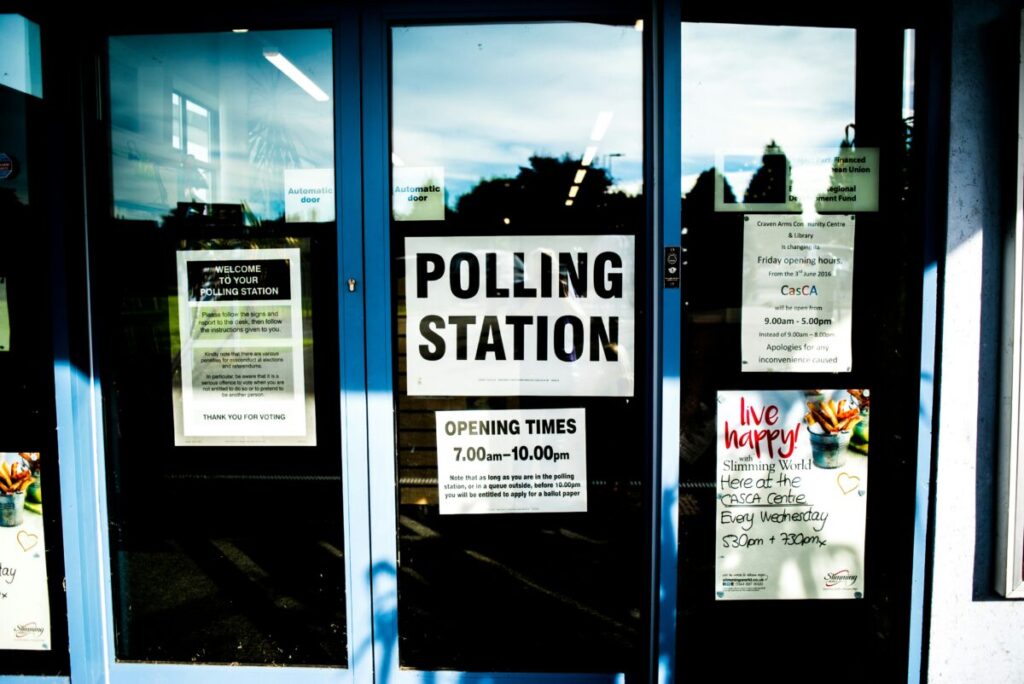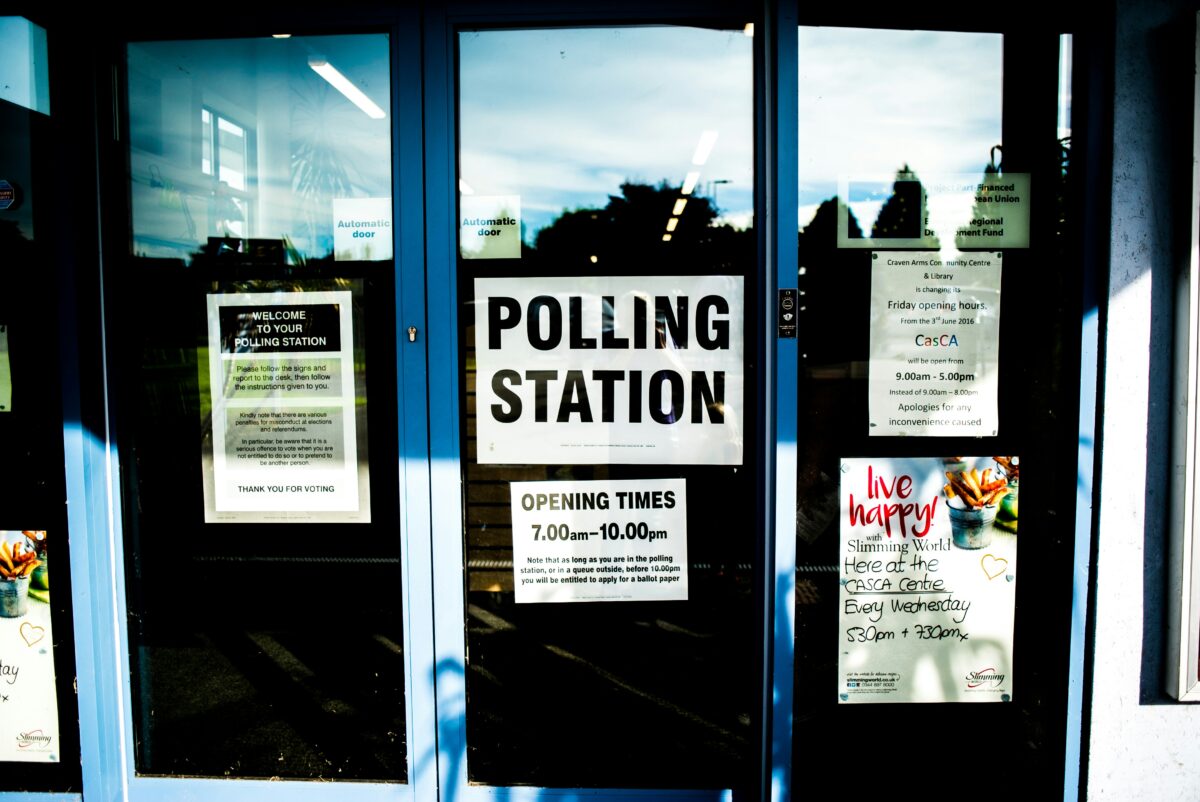AUSTIN, TX — Texas voters enter the 2026 election season with cautious optimism and a call for decisive leadership.
“Voters are focused on the high cost of essentials, including housing and medical care,” said David Leebron, president and CEO of Texas 2036. “They want results that make life affordable and strengthen opportunity.”
The Texas Voter Poll, conducted by Baselice & Associates for Texas 2036, surveyed 1,001 registered voters statewide from Sept. 25 to Oct. 1, 2025, with a ±3.1% margin of error.
Texans remain confident in the state’s economy but cautious about the future.
 (Elliot Stallion/Unsplash)
(Elliot Stallion/Unsplash)
By a 3-to-1 margin (54% to 18%), voters expect Texas’ economy to outperform the U.S. over the next four years.
Two-thirds (66%) feel confident they could find a good-paying job. Confidence is higher among Republicans (77%) than Democrats (52%).
Still, 85% express some concern about the state’s direction.
“Texas voters see our economy’s strength but know it requires effort,” said John Hryhorchuk, senior vice president at Texas 2036.
Rising health care and housing costs dominate voter concerns.
Eighty-two percent are more likely to back candidates who will lower health care prices. Over one-third say someone in their household skipped or delayed care due to unclear costs.
Seventy-nine percent want leaders to address rising homeowners’ insurance rates. Nearly four in five report their rates have increased in the past five years.
“Voters want leaders who tackle costs today and plan for a stronger Texas,” Hryhorchuk said.
Voters also support infrastructure improvements. Seventy-eight percent say investing in water systems and disaster response would increase their support for a candidate.
Education quality continues to rank high among voter concerns.
Fifty-six percent of voters with school-aged children rated their local schools “excellent” (36%) or “good” (20%). About 23% said “fair,” and 18% said “poor.”
Voters gave schools an average score of six out of ten for preparing students for college or good jobs.
Seventy-eight percent say they are more likely to vote for candidates who support stronger school accountability.
Thirty-seven percent of parents considered switching schools this year, mainly for academic reasons.
A majority of voters (56%) prefer candidates who will fight for their shared beliefs, while 37% favor bipartisan problem-solving.
However, concerns about political violence remain high. Seventy-six percent of Texans are worried about violence, and more than nine in ten reject it as a political tool.
“Voters want strong, principled leaders who deliver results,” said Jordan Wat, director of government affairs at Texas 2036.

